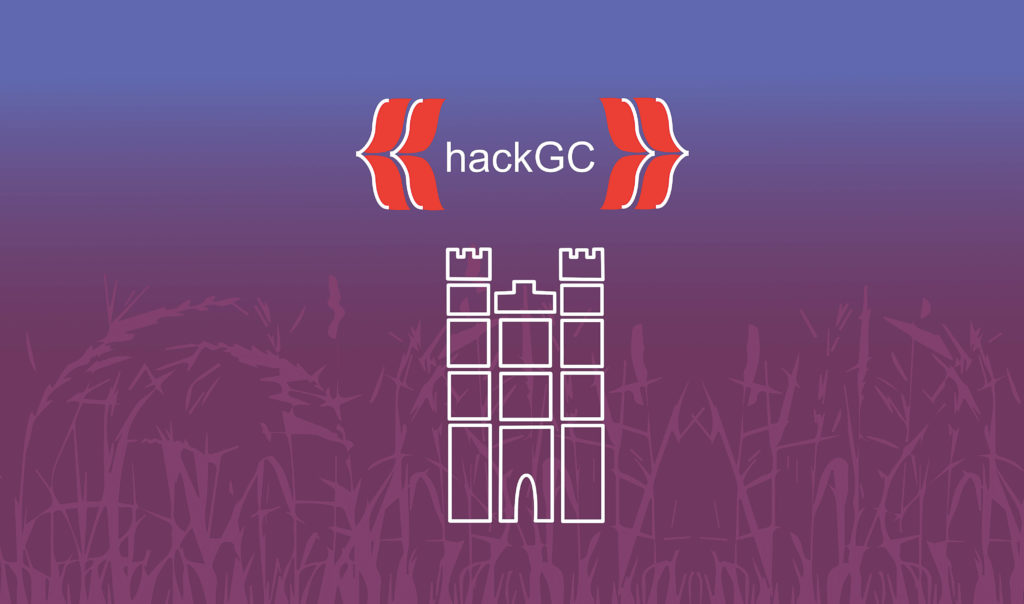 This weekend from April 20 to 22, the Wilson Center for Innovation and Leadership will host the first-ever “hackGC” event, a self-described liberal-arts style hackathon. Though hackGC is similar to other hackathons, in that students work in teams over a short period of time to build a piece of technology, teams in hackGC will develop technology that addresses a social justice issue. In addition to time for coding and collaboration, the weekend-long event will also feature talks from alumni, faculty and staff who work at the intersection of technology and social justice.
This weekend from April 20 to 22, the Wilson Center for Innovation and Leadership will host the first-ever “hackGC” event, a self-described liberal-arts style hackathon. Though hackGC is similar to other hackathons, in that students work in teams over a short period of time to build a piece of technology, teams in hackGC will develop technology that addresses a social justice issue. In addition to time for coding and collaboration, the weekend-long event will also feature talks from alumni, faculty and staff who work at the intersection of technology and social justice.
Event organizers David Chang ’18 and An Hoang ’18, both computer science majors and Wilson Center staff, decided to host the event as a way to offer Grinnell students a way to develop their programming skills and build on the College’s history of social justice.
“Because Grinnell’s sort of mission statement is very heavily focused on social justice we thought it would be appropriate that Grinnell’s first hackathon also be themed around discovering how technology can tackle social justice problems and issues in society that might take the form of, for example, accessibility or some sort of inequality, sustainability,” Chang said.
In contrast to the standard portrayal of a hackathon as an event in which coders frantically stay up all night drinking energy drinks to develop their software before the deadline, Chang said that hackGC strives to create a more accessible event that is open to people from all backgrounds.
“A big part of our event is based off wellness and inclusivity. … I think hackathons generally are stereotyped as you sleep on a sleeping bag, you eat pizza, you drink energy drinks … so that you can really just build some sort of software in like a short amount of time,” Chang said. “I think here at Grinnell where people always constantly talk about how not well they are … that’s sort of why we made it a multi-day event from Friday to Sunday so that people actually get some sleep and that’s … why we also have sort of the talks and the alumni speakers so that people can sort of take their mind off the programming and collaborating and go to topical speakers and presentations that might inspire them.”
Chang said that the event is also devoted reaching out to not only computer science majors.
“We don’t want this event to be just computer science majors, right, and so part of our outreach has been, for example, for art students a large part of how software and technology is developed is the user experience and the user interface, like graphical design,” he said. “A lot of art students have told us that they’re pretty interested in the event. … We’re really trying to reach out to a wide range of people and make sure that this is an inclusive event for all types of people.”
To make sure that the event was planned well, Hoang went to the HackISU hackathon at Iowa State University to see what practices he and Chang could apply to their hackathon.
“That was really helpful because it helped me contextualize what needed to be done. There were small details that I didn’t even think about, we didn’t think like the type of food matters and then when I was there they chose really healthy food that makes everyone happy,” Hoang said.
For students too busy to participate in hackGC, the organizers encouraged students to come and listen to the speakers on Saturday or watch the teams present their team “science fair style” on Sunday.
“The speakers events are very curated and kind of like people from really different backgrounds but they all have similarity in that they work in the intersection of technology and social justice and these talks I think they’re super interesting and it’s open to the public,” Hoang said.
Students can register for the event and find more details online at hackgc.github.io.



















































